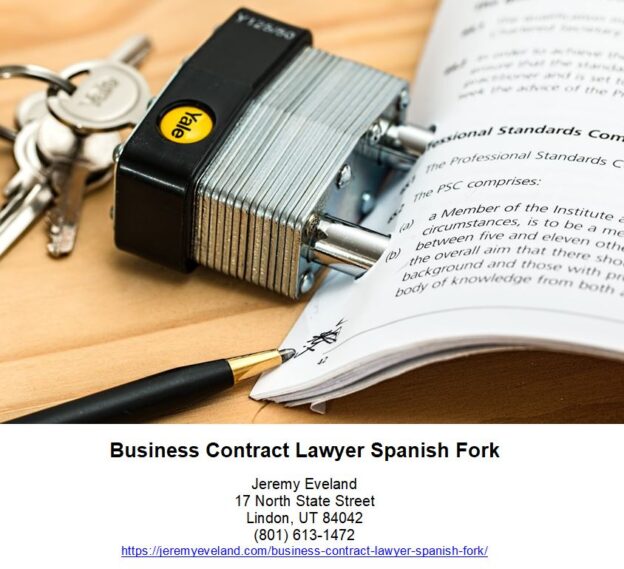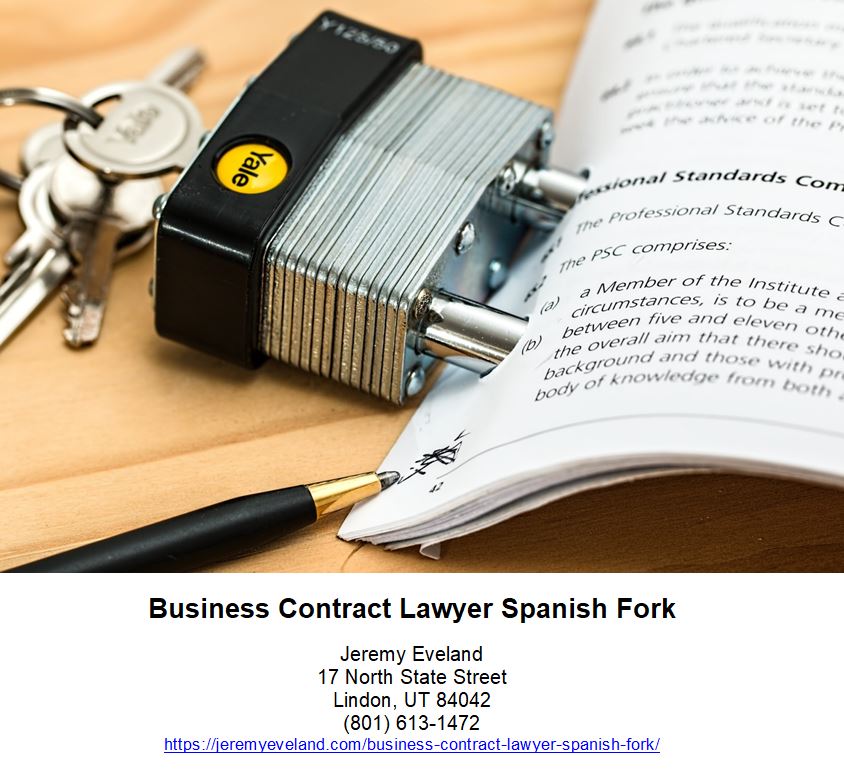-
Legal Topics
- Introduction
- How to Choose the Right International Business Lawyer for Your Business
- The Role of an International Business Lawyer in Mergers and Acquisitions
- Navigating International Business Regulations and Compliance
- Understanding the Different Types of International Business Law
- The Benefits of Hiring an International Business Lawyer
- Q&A
“Navigating the Global Marketplace with Confidence: International Business Lawyer”
Introduction
International business law is a complex and ever-evolving field of law that deals with the legal aspects of international business transactions. It covers a wide range of topics, including international trade, foreign investment, taxation, intellectual property, and dispute resolution. An international business lawyer is a legal professional who specializes in this area of law and is knowledgeable in the laws and regulations of different countries. They provide legal advice and assistance to businesses that are involved in international transactions, helping them to navigate the complexities of international business law. They also represent clients in international disputes and negotiations, and advise on the best course of action to take in order to protect their interests.
How to Choose the Right International Business Lawyer for Your Business
Choosing the right international business lawyer for your business is an important decision. An experienced lawyer can help you navigate the complexities of international business law and ensure that your business is compliant with all applicable laws and regulations. Here are some tips to help you select the right international business lawyer for your business:
1. Research: Before you hire an international business lawyer, it is important to do your research. Look for lawyers who specialize in international business law and have experience in the areas that are relevant to your business. Check their credentials and read reviews from past clients to get an idea of their level of expertise.
2. Experience: Make sure that the lawyer you choose has experience in the areas of international business law that are relevant to your business. Ask them about their experience in dealing with international contracts, intellectual property, taxation, and other legal matters.
3. Communication: It is important to find a lawyer who is able to communicate effectively with you and your team. Make sure that they are able to explain complex legal concepts in a way that is easy to understand.
4. Cost: Consider the cost of hiring an international business lawyer. Make sure that you are aware of all the fees and costs associated with their services.
5. Reputation: Check the reputation of the lawyer you are considering. Ask for references and read reviews from past clients to get an idea of their level of expertise and customer service.
By following these tips, you can ensure that you select the right international business lawyer for your business. An experienced lawyer can help you navigate the complexities of international business law and ensure that your business is compliant with all applicable laws and regulations.
The Role of an International Business Lawyer in Mergers and Acquisitions
An international business lawyer plays a critical role in mergers and acquisitions (M&A). M&A transactions involve complex legal and financial considerations, and an experienced lawyer can help ensure that the process is conducted in a manner that is compliant with applicable laws and regulations.
The primary role of an international business lawyer in M&A is to provide legal advice and guidance to the parties involved. This includes advising on the structure of the transaction, the terms of the agreement, and any potential legal risks. The lawyer will also review the relevant documents, such as the purchase agreement, to ensure that they are legally sound and protect the interests of all parties.
In addition, the lawyer will be responsible for conducting due diligence on the target company. This includes reviewing financial statements, contracts, and other documents to ensure that the target company is in compliance with applicable laws and regulations. The lawyer will also review the target company’s corporate governance structure to ensure that it is in line with the buyer’s expectations.
The lawyer will also be responsible for negotiating the terms of the transaction. This includes negotiating the purchase price, the terms of the agreement, and any other relevant terms. The lawyer will also be responsible for drafting the necessary documents, such as the purchase agreement, to ensure that the transaction is legally binding.
Finally, the lawyer will be responsible for ensuring that the transaction is completed in a timely manner. This includes ensuring that all necessary documents are filed with the relevant authorities and that all parties are in compliance with applicable laws and regulations.
In summary, an international business lawyer plays a critical role in M&A transactions. The lawyer is responsible for providing legal advice and guidance, conducting due diligence, negotiating the terms of the transaction, and ensuring that the transaction is completed in a timely manner. By doing so, the lawyer can help ensure that the transaction is conducted in a manner that is compliant with applicable laws and regulations and protects the interests of all parties involved.
Navigating International Business Regulations and Compliance
Navigating international business regulations and compliance can be a complex and daunting task. Companies must be aware of the laws and regulations of the countries in which they operate, as well as the laws and regulations of their home country. It is important to understand the differences between the two and how they may affect the company’s operations.
The first step in navigating international business regulations and compliance is to understand the laws and regulations of the countries in which the company operates. This includes researching the local laws and regulations, as well as any international treaties or agreements that may be in place. It is also important to understand the cultural and political environment of the country, as this can have an impact on the company’s operations.
The second step is to ensure that the company is compliant with the laws and regulations of the countries in which it operates. This includes ensuring that the company is compliant with local labor laws, environmental regulations, and other applicable laws. It is also important to ensure that the company is compliant with the laws and regulations of its home country. This includes ensuring that the company is compliant with tax laws, export and import regulations, and other applicable laws.
The third step is to ensure that the company is compliant with international regulations and standards. This includes ensuring that the company is compliant with international trade agreements, such as the World Trade Organization (WTO) and the North American Free Trade Agreement (NAFTA). It is also important to ensure that the company is compliant with international standards, such as the International Organization for Standardization (ISO).
Finally, it is important to ensure that the company is compliant with any other applicable laws and regulations. This includes ensuring that the company is compliant with anti-corruption laws, anti-money laundering laws, and other applicable laws.
Navigating international business regulations and compliance can be a complex and daunting task. However, with the right research and understanding of the laws and regulations of the countries in which the company operates, as well as the laws and regulations of its home country, companies can ensure that they are compliant with all applicable laws and regulations.
Understanding the Different Types of International Business Law
International business law is a complex and ever-evolving field of legal practice. It encompasses a wide range of legal issues that arise from the global movement of goods, services, and capital. Understanding the different types of international business law is essential for any business that operates in multiple countries.
The first type of international business law is contract law. This type of law governs the formation and enforcement of contracts between two or more parties. It is important to understand the different types of contracts that can be used in international business, such as sales contracts, distribution agreements, and licensing agreements. Contract law also covers the resolution of disputes that arise from the breach of a contract.
The second type of international business law is intellectual property law. This type of law protects the rights of creators and inventors to their creations and inventions. It covers a wide range of topics, including copyright, trademarks, patents, and trade secrets. It is important to understand the different types of intellectual property rights that exist in different countries, as well as the international treaties that govern them.
The third type of international business law is antitrust law. This type of law is designed to protect competition and ensure fair market conditions. It covers topics such as price fixing, market manipulation, and monopolies. It is important to understand the different types of antitrust laws that exist in different countries, as well as the international treaties that govern them.
The fourth type of international business law is tax law. This type of law governs the taxation of businesses and individuals in different countries. It is important to understand the different types of taxes that exist in different countries, as well as the international treaties that govern them.
Finally, the fifth type of international business law is dispute resolution. This type of law covers the resolution of disputes between two or more parties. It is important to understand the different types of dispute resolution mechanisms that exist in different countries, as well as the international treaties that govern them.
Understanding the different types of international business law is essential for any business that operates in multiple countries. It is important to understand the different types of laws that exist in different countries, as well as the international treaties that govern them. By understanding the different types of international business law, businesses can ensure that they are compliant with the laws of the countries in which they operate.
The Benefits of Hiring an International Business Lawyer
Hiring an international business lawyer can be a great asset for any business. An international business lawyer is a legal professional who specializes in the laws and regulations that govern international business transactions. They are knowledgeable in the laws of different countries and can provide invaluable advice and guidance to businesses that are looking to expand their operations into foreign markets.
An international business lawyer can help businesses navigate the complexities of international business law. They can provide advice on the legal requirements for setting up a business in a foreign country, as well as the regulations that must be followed when conducting business in that country. They can also provide guidance on the taxation and other financial obligations that may be associated with doing business in a foreign country.
An international business lawyer can also help businesses protect their intellectual property rights. They can provide advice on the best way to protect a business’s trademarks, copyrights, and patents in foreign countries. They can also help businesses negotiate contracts with foreign partners and ensure that the terms of the agreement are fair and equitable.
An international business lawyer can also help businesses resolve disputes that arise in foreign countries. They can provide advice on the best way to resolve a dispute and ensure that the business’s interests are protected. They can also provide guidance on the best way to handle any legal proceedings that may arise in a foreign country.
Finally, an international business lawyer can provide advice on the best way to structure a business’s operations in a foreign country. They can provide advice on the best way to set up a business entity in a foreign country, as well as the best way to manage the business’s finances and operations.
Overall, hiring an international business lawyer can be a great asset for any business. They can provide invaluable advice and guidance on the legal and financial aspects of doing business in a foreign country. They can also help businesses protect their intellectual property rights and resolve disputes that arise in foreign countries. With the help of an international business lawyer, businesses can ensure that their operations are conducted in a legal and ethical manner.
Q&A
1. What is an International Business Lawyer?
An International Business Lawyer is a lawyer who specializes in the legal aspects of international business transactions. They provide legal advice and services to companies and individuals who are involved in international business activities.
2. What types of services do International Business Lawyers provide?
International Business Lawyers provide a wide range of services, including advising on international contracts, negotiating international transactions, providing legal advice on international trade regulations, and representing clients in international disputes.
3. What qualifications do International Business Lawyers need?
International Business Lawyers must have a law degree and be licensed to practice law in the jurisdiction in which they are working. In addition, they must have a thorough understanding of international business law and the legal systems of the countries in which they are working.
4. What is the difference between an International Business Lawyer and a Corporate Lawyer?
An International Business Lawyer specializes in the legal aspects of international business transactions, while a Corporate Lawyer specializes in the legal aspects of domestic business transactions.
5. What are the benefits of hiring an International Business Lawyer?
Hiring an International Business Lawyer can help companies and individuals navigate the complexities of international business transactions. They can provide legal advice on international trade regulations, help negotiate international transactions, and represent clients in international disputes.
Areas We Serve
We serve individuals and businesses in the following locations:
Salt Lake City Utah
West Valley City Utah
Provo Utah
West Jordan Utah
Orem Utah
Sandy Utah
Ogden Utah
St. George Utah
Layton Utah
South Jordan Utah
Lehi Utah
Millcreek Utah
Taylorsville Utah
Logan Utah
Murray Utah
Draper Utah
Bountiful Utah
Riverton Utah
Herriman Utah
Spanish Fork Utah
Roy Utah
Pleasant Grove Utah
Kearns Utah
Tooele Utah
Cottonwood Heights Utah
Midvale Utah
Springville Utah
Eagle Mountain Utah
Cedar City Utah
Kaysville Utah
Clearfield Utah
Holladay Utah
American Fork Utah
Syracuse Utah
Saratoga Springs Utah
Magna Utah
Washington Utah
South Salt Lake Utah
Farmington Utah
Clinton Utah
North Salt Lake Utah
Payson Utah
North Ogden Utah
Brigham City Utah
Highland Utah
Centerville Utah
Hurricane Utah
South Ogden Utah
Heber Utah
West Haven Utah
Bluffdale Utah
Santaquin Utah
Smithfield Utah
Woods Cross Utah
Grantsville Utah
Lindon Utah
North Logan Utah
West Point Utah
Vernal Utah
Alpine Utah
Cedar Hills Utah
Pleasant View Utah
Mapleton Utah
Stansbury Par Utah
Washington Terrace Utah
Riverdale Utah
Hooper Utah
Tremonton Utah
Ivins Utah
Park City Utah
Price Utah
Hyrum Utah
Summit Park Utah
Salem Utah
Richfield Utah
Santa Clara Utah
Providence Utah
South Weber Utah
Vineyard Utah
Ephraim Utah
Roosevelt Utah
Farr West Utah
Plain City Utah
Nibley Utah
Enoch Utah
Harrisville Utah
Snyderville Utah
Fruit Heights Utah
Nephi Utah
White City Utah
West Bountiful Utah
Sunset Utah
Moab Utah
Midway Utah
Perry Utah
Kanab Utah
Hyde Park Utah
Silver Summit Utah
La Verkin Utah
Morgan Utah
International Business Consultation
When you need help with international business call Jeremy D. Eveland, MBA, JD (801) 613-1472 for a consultation.
Jeremy Eveland
17 North State Street
Lindon UT 84042
(801) 613-1472
Related Posts
Estate Planning Lawyer Provo Utah
Business Lawyer West Valley City Utah
Business Succession Lawyer Eagle Mountain Utah
Estate Planning Lawyer West Jordan Utah
Business Acquisition Lawyer Sandy Utah
Estate Planning Lawyer Orem Utah

















